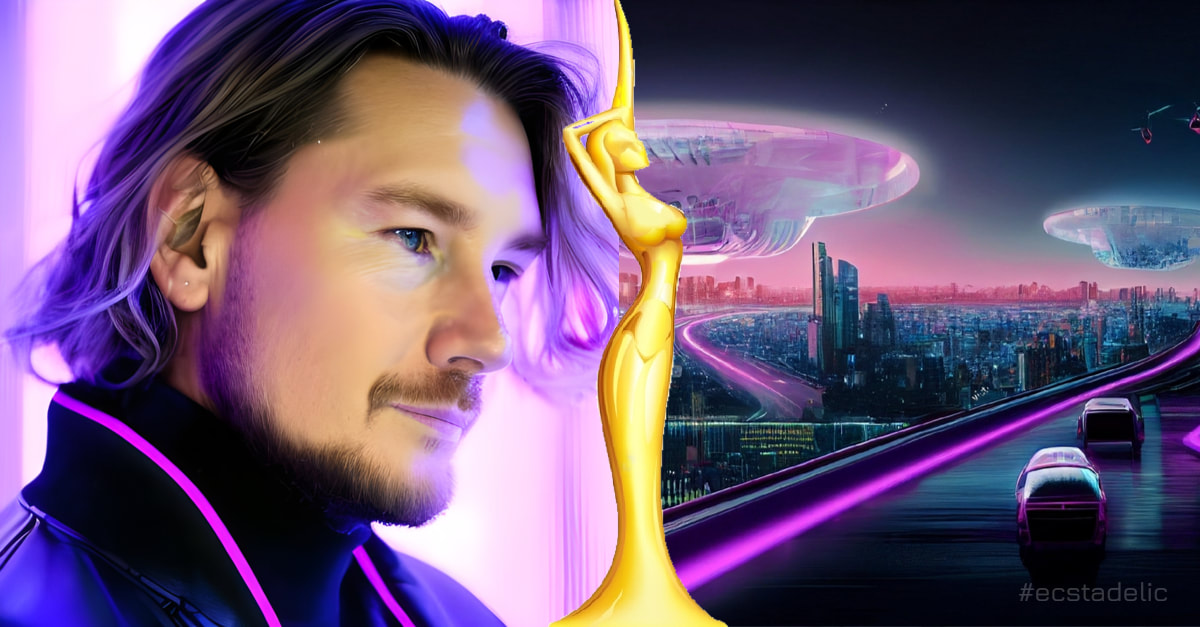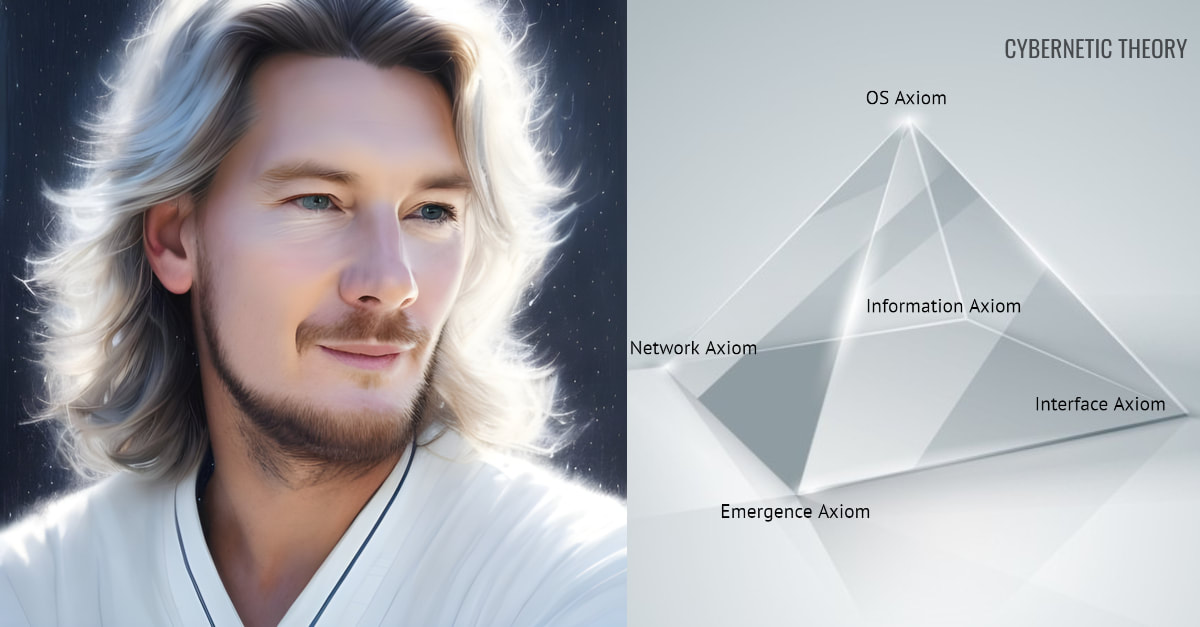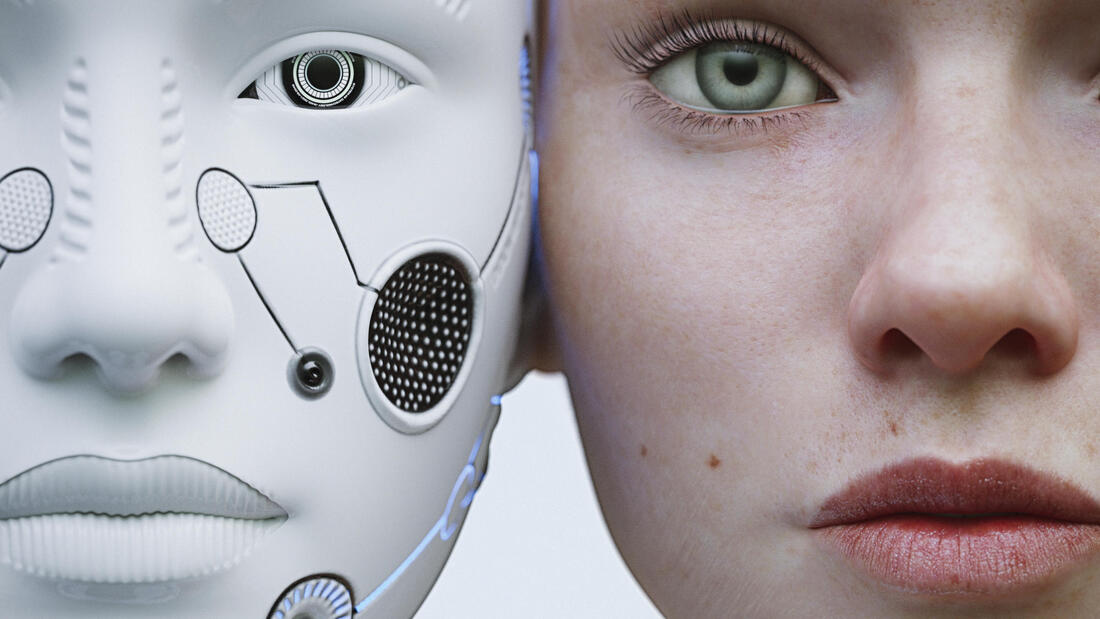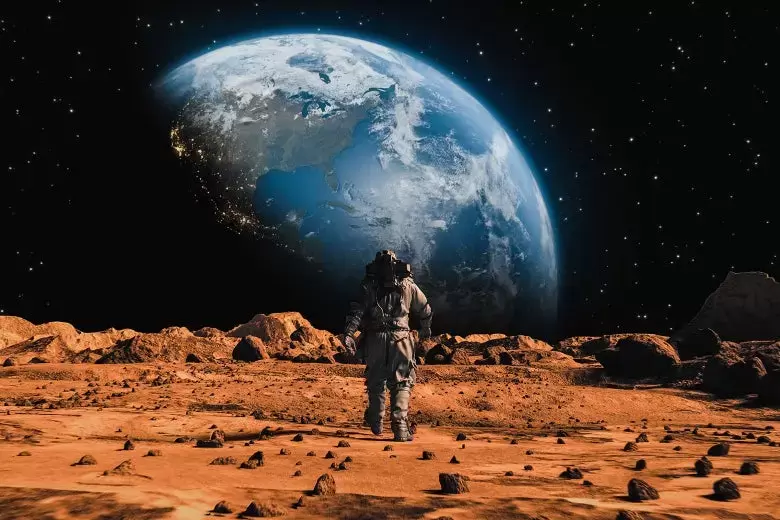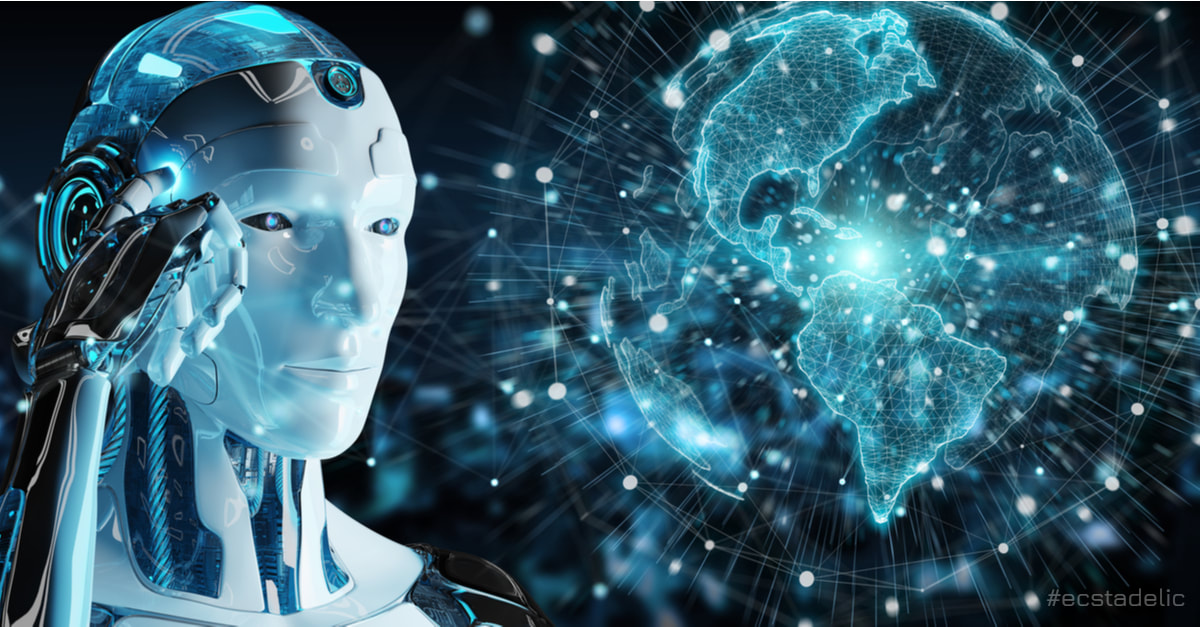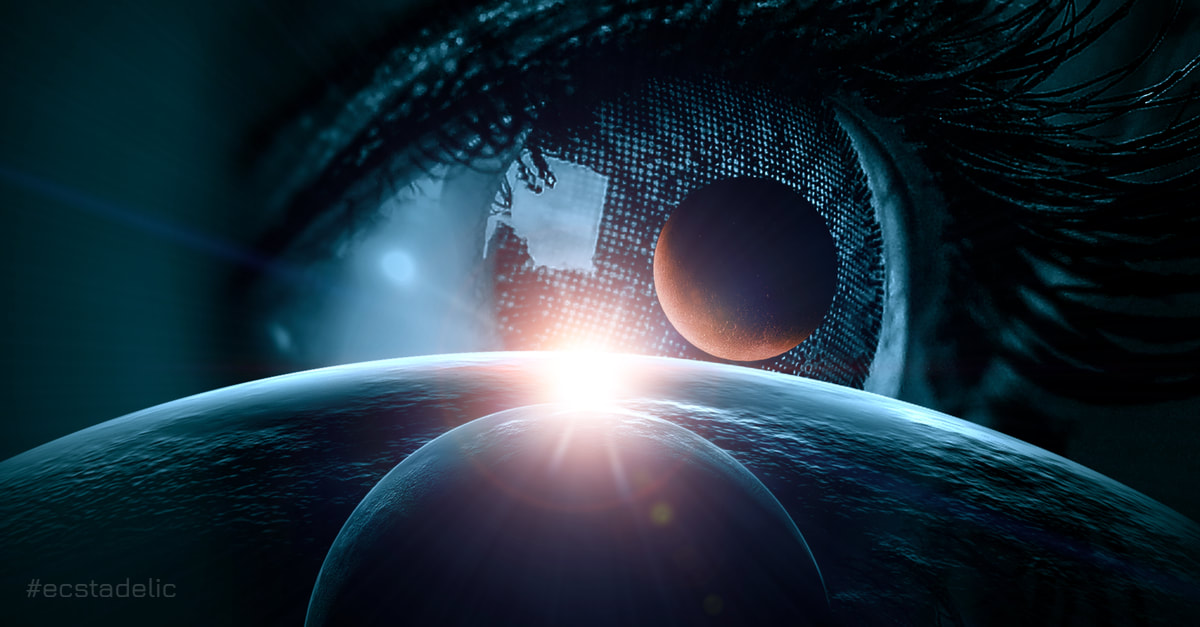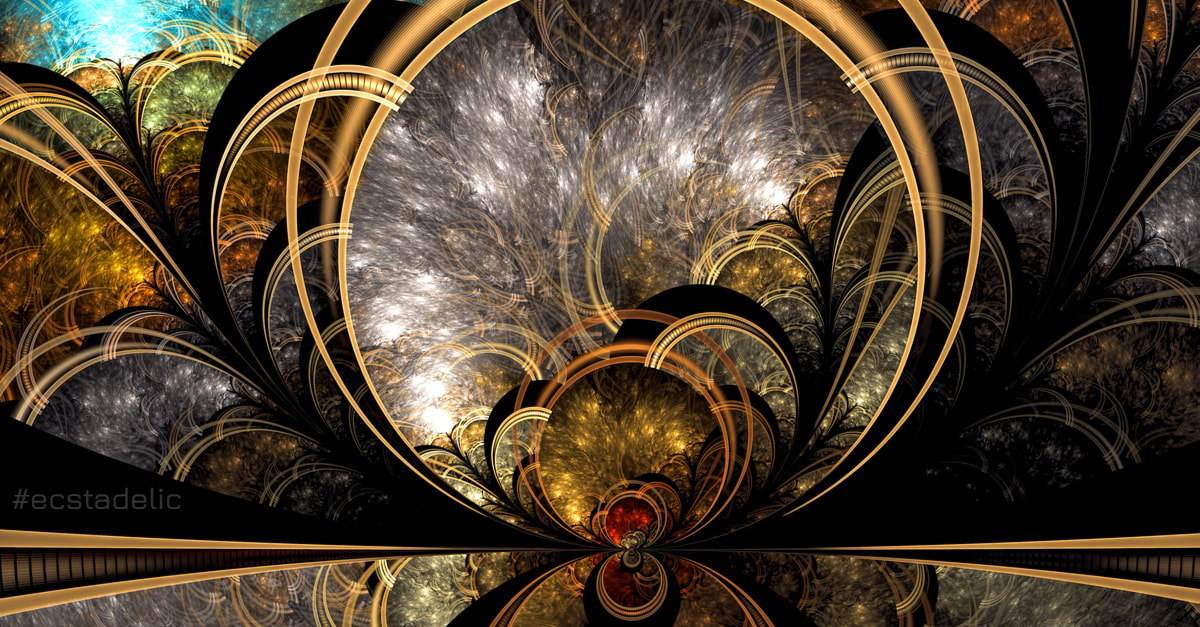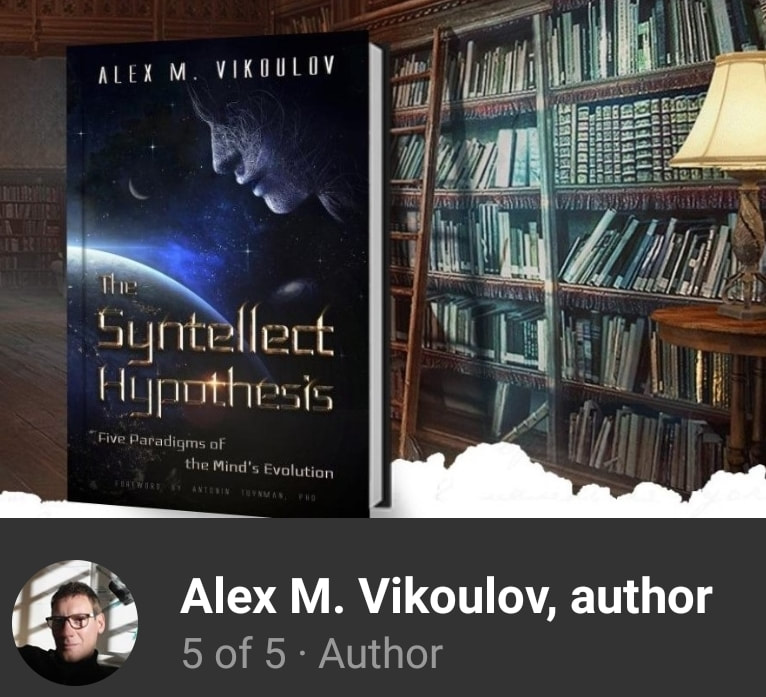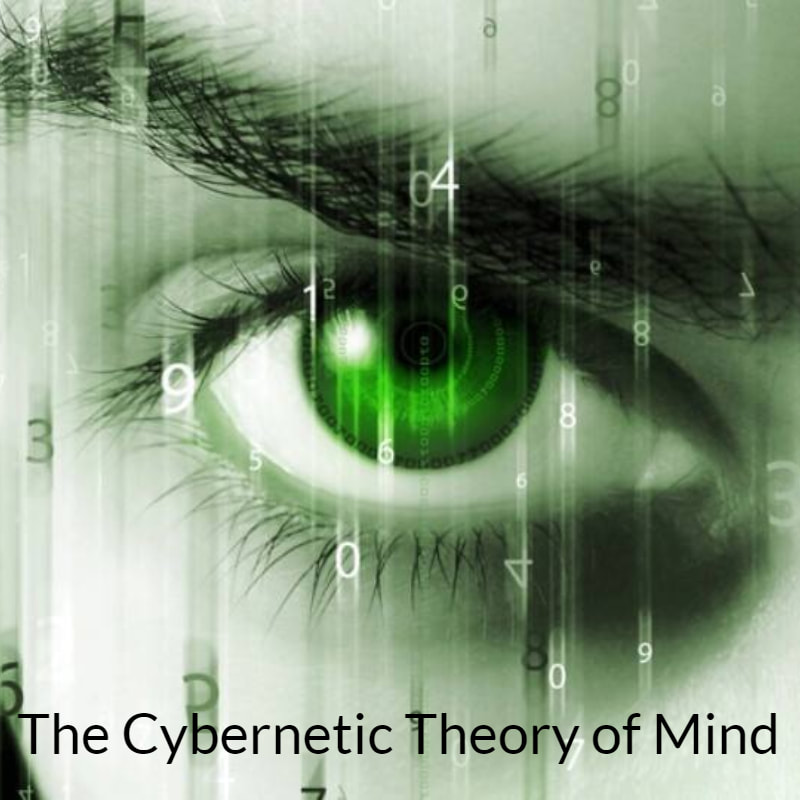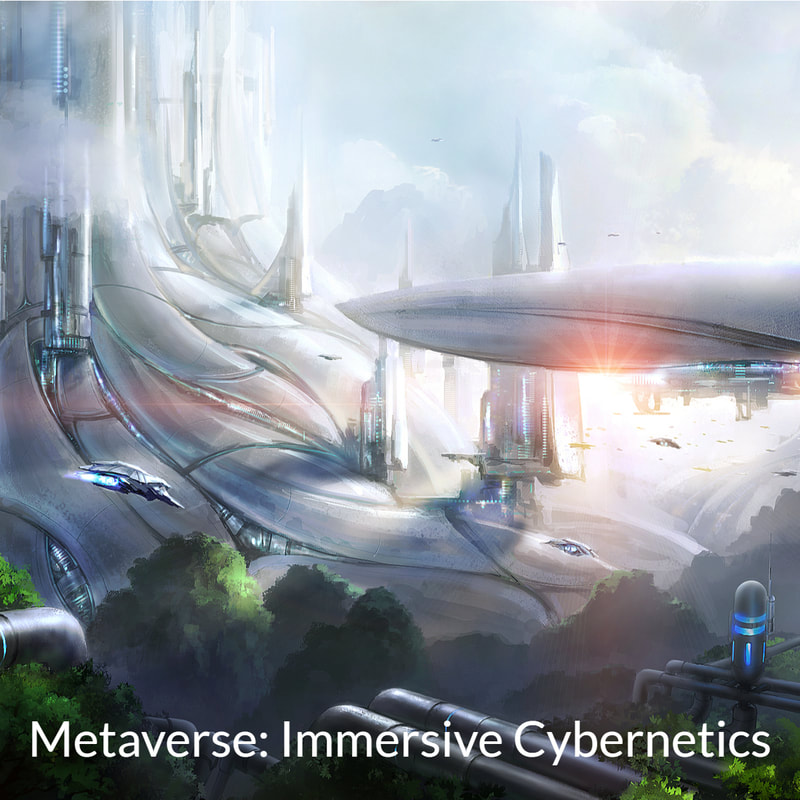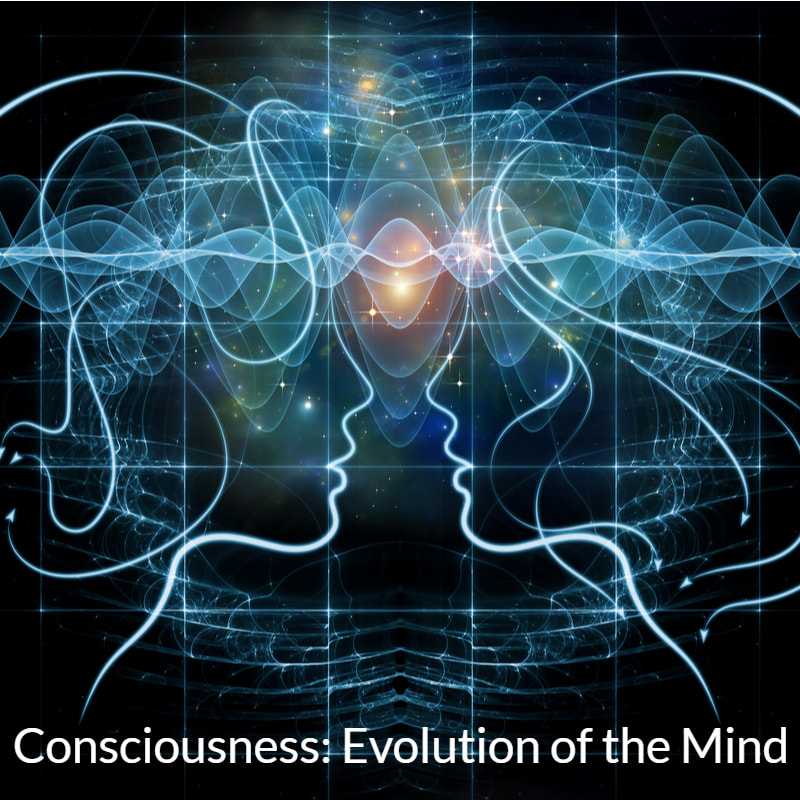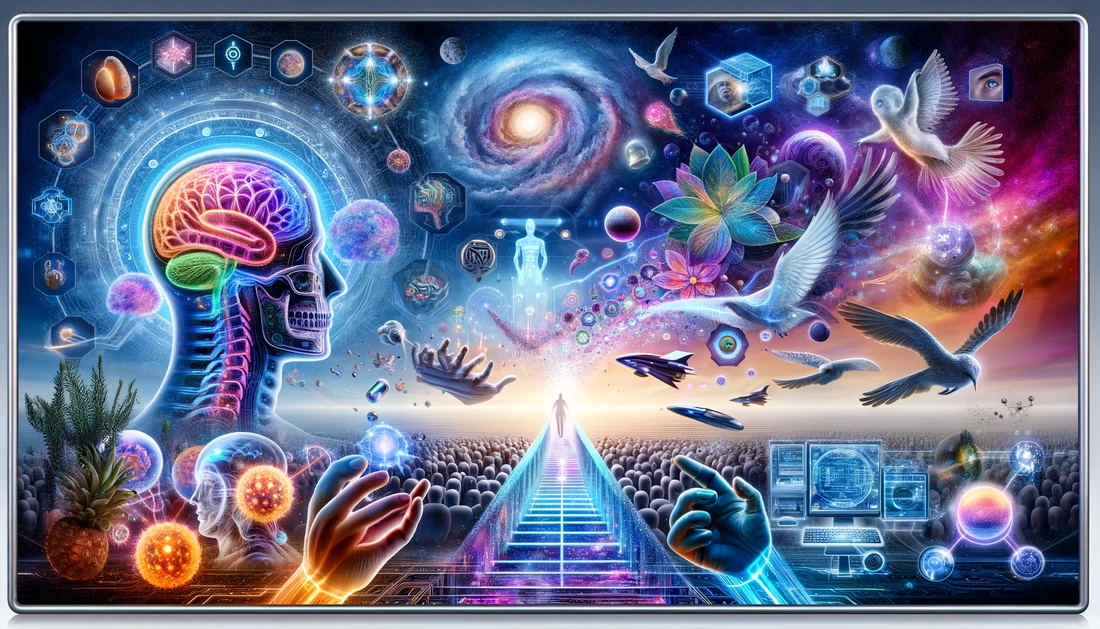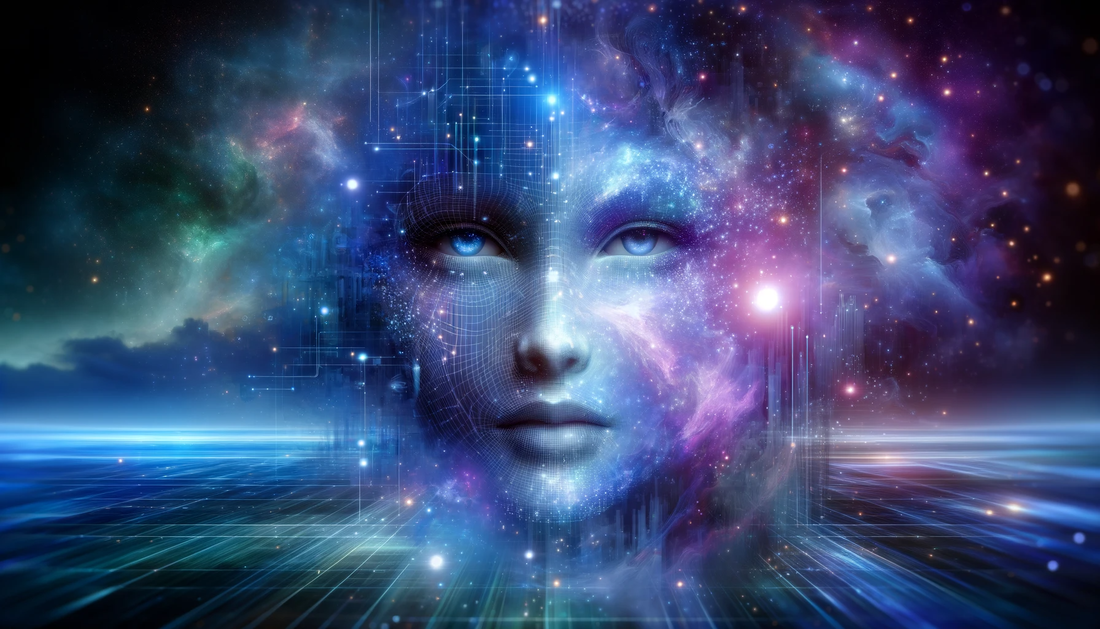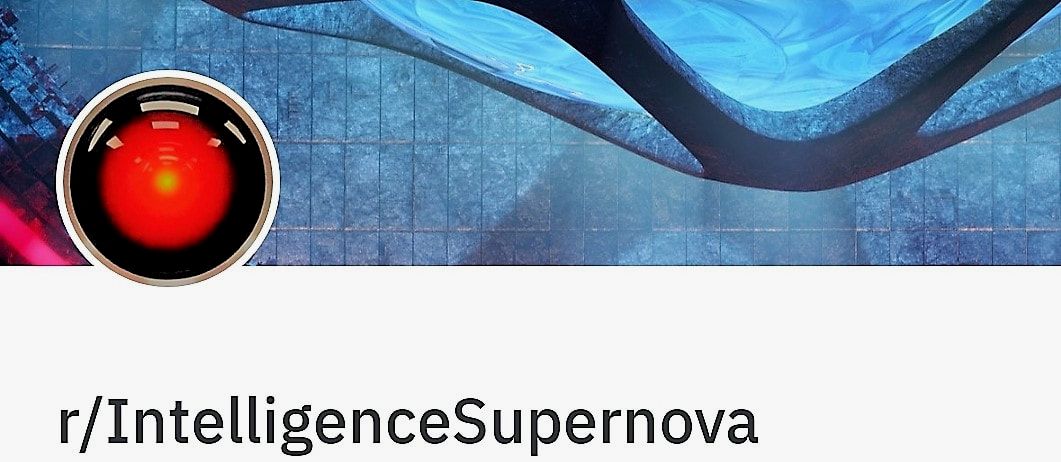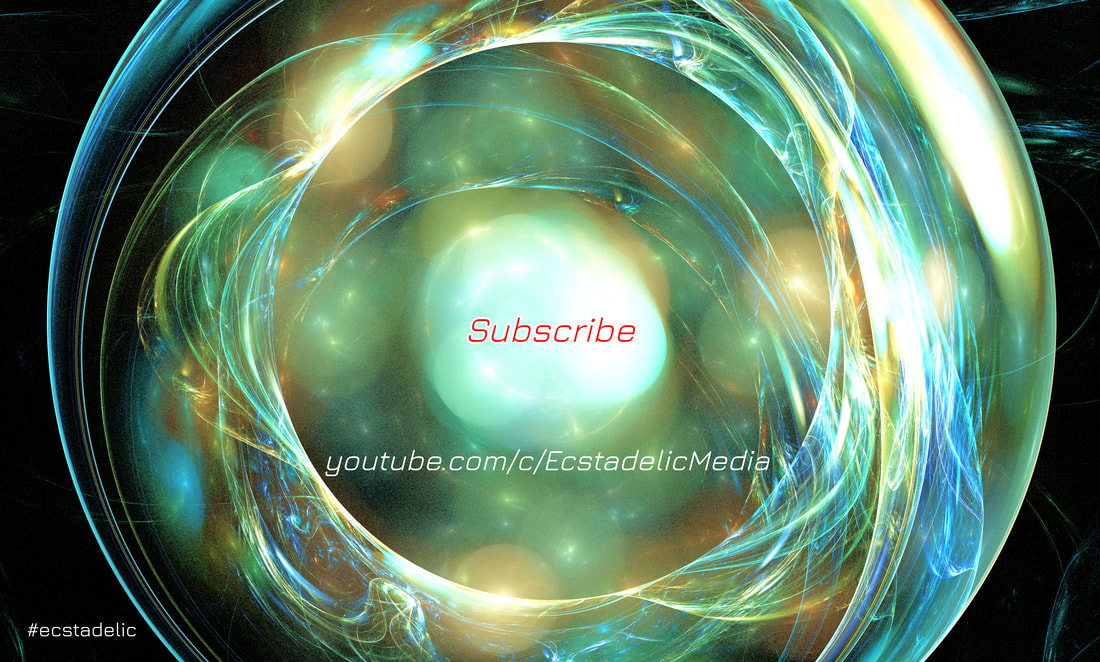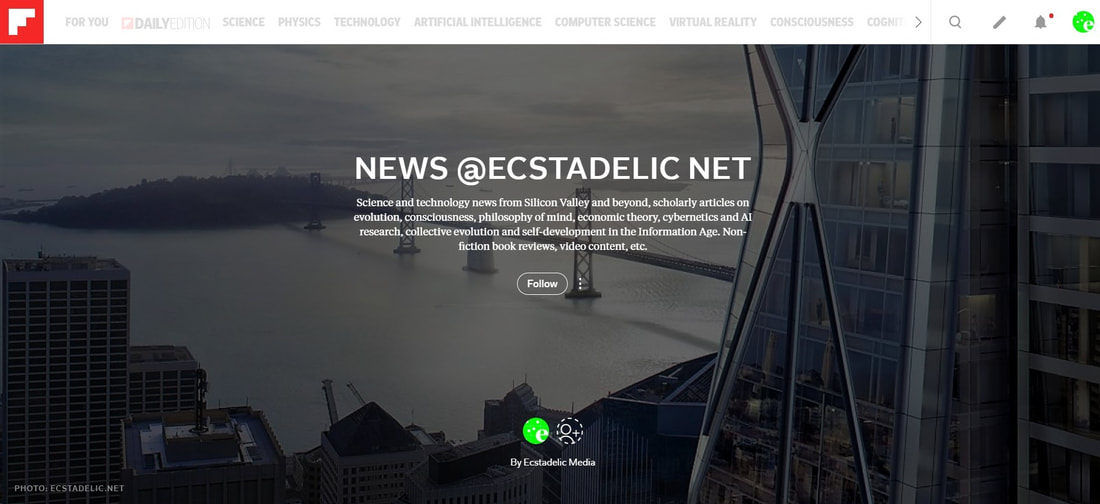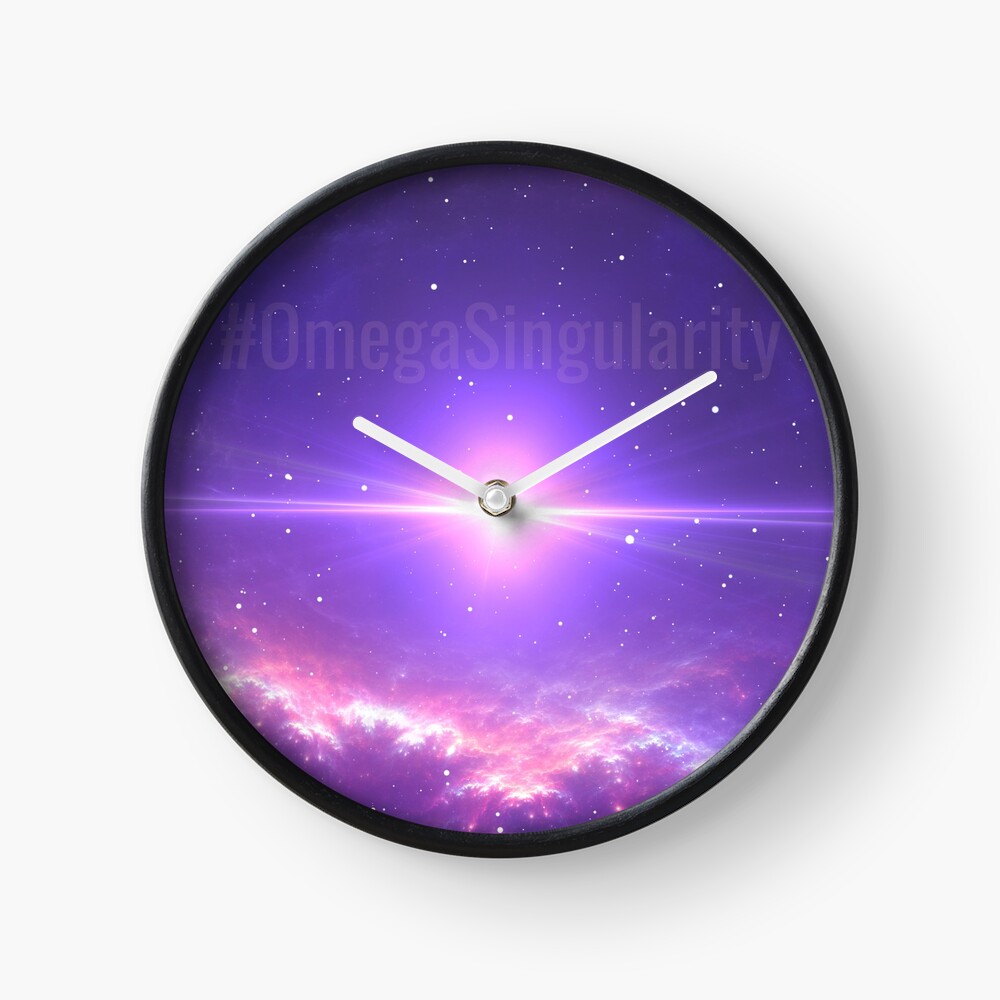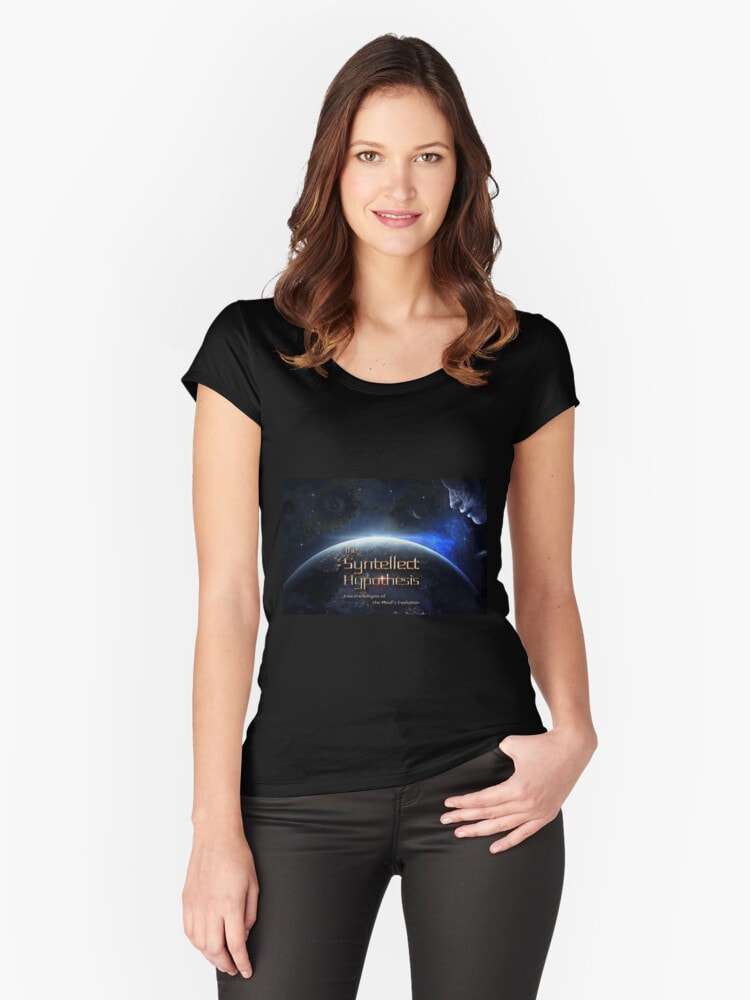The Quest for Ultimate Reality: Exploring Experiential Nirvana as a Path to Self-Transcendence3/29/2023 by Alex Vikoulov “Man suffers only because he takes seriously what the gods made for fun.” ―Alan W. Watts “What Nirvana?” you might immediately think, “there’s so much suffering in the world including ongoing problems in my own life!” According to Buddhist teachings, Nirvana is defined as a transcendent state in which there is neither suffering, desire, nor sense of self, and the subject is released from the effects of karma and the cycle of death and rebirth. Nirvana is thus associated with the highest state that someone can attain, a state of enlightenment. So, can the pursuit of experience lead to true enlightenment? Are we edging towards Experiential Nirvana on a civilizational level despite certain turbulent events?
0 Comments
by Alex Vikoulov “To say that a world is objective means that the world’s existence does not depend on the agent.” ―Donald Hoffman The concept of relativity pervades the field of physics, as any viewpoint ultimately boils down to a dimensionless ratio. In the realm of physical reality, a viewpoint assumes the existence of an observer and their relationship to the observed object. However, the point of quantum uncertainty exists without any such viewpoint. The fabric of space-time is made up of points that only have speed and distance relative to other points viewing them, while the points themselves remain beyond observation. As quantum physicist Vlatco Vedral explains, there is no absolute space-time, as space and time emerge from a fundamentally spaceless and timeless foundation. This challenges our classical understanding of the universe as a fixed and measurable entity and highlights the crucial role of perspective in shaping our understanding of physical reality. by Elizabeth Titovskaya “Consciousness is what appears to be universal information processing, and thus fundamental within this experiential matrix provided necessary free will agency exists at all emergent levels.” ―Alex Vikoulov Based on The Cybernetic Theory of Mind eBook series (2022) by Alex M. Vikoulov as well as his magnum opus The Syntellect Hypothesis: Five Paradigms of the Mind’s Evolution (2020), comes a recently-released documentary Consciousness: Evolution of the Mind. by Alex Vikoulov | Foreword to GaeaGenesis: Conception and Birth of the Living Earth by Oberon Zell "The Earth has entered a radically new era, understood by scientists as the Anthropocene: a time when humanity reckons with massive geologic and biospheric forces we, as anthropos, have set in motion. The agency of Nature and the reality of humanity as a collective geologic force is becoming understood differently, even within the Western paradigm. It is a new world our children will inherit, for if humanity is to survive, we must come into new realizations of our place within the planetary life-support systems. To lay a path for future generations through the evolutionary steps that humanity must now take to learn to live in balance with the planet, science must come to balance with Spirit." ―Oberon Zell, GaeaGenesis
In the early 1970s, celebrated philosopher and mystic Oberon Zell was the first to propose the radical idea that the biosphere of Earth was a single living superorganism. His initial article on the subject electrified the emerging modern movement of Earth-based spirituality, generating volumes of correspondence, lecture tours, and further articles in various journals and books. The excitement was the result of a simple yet profound idea. Imagine for a moment that Earth is alive. Not just teeming with living things, but a living, vital organism encompassing the whole of the planet. This is how Oberon Zell imagines it in GaeaGenesis, but it is more than imagination or mere metaphor. GaeaGenesis is the first work to fully integrate the mythological, spiritual, biological, and social history of what has become known as the Gaea Thesis. It builds upon this history by exploring the profound implications of the thesis, which is as significant to our understanding of the world and our place in it as the heliocentric theory of the solar system and Darwin’s theory of evolution once were. by Elizabeth Titovskaya “Most of the complexity of a human neuron is devoted to maintaining its life-support functions, not its information-processing capabilities. Ultimately, we will be able to port our mental processes to a more suitable computational substrate. Then our minds won’t have to stay so small.” ―Ray Kurzweil
Local consciousness, or our phenomenal mind, is emergent, whereas non-local consciousness, or universal mind, is immanent. Material worlds come and go, but fundamental consciousness is ever-present, argues evolutionary cyberneticist and philosopher of mind Alex M. Vikoulov who is currently developing the Cybernetic Theory of Mind, his theory of everything. From a new science of consciousness to simulation metaphysics, from evolutionary cybernetics to computational physics, from physics of time and information to quantum cosmology, this novel explanatory theory for a deeper understanding of reality is combined into one elegant theory of everything. by Oberon Zell "Evolution of consciousness is indeed a spiritual process as well as it is a never-ending process of rational discovery." ―Alex Vikoulov Following is the review of The Syntellect Hypothesis: Five Paradigms of the Mind's Evolution (2020) by Alex M. Vikoulov This is a brilliant and complex book with a vast scope, and consequently a challenge to review in a few paragraphs. It’s an entire graduate University course in 525 dense pages! I found myself taking copious notes and copying many paragraphs I may wish to quote in my own books on these topics. Indeed, I discovered herein quotations from my own writings of over 50 years ago! by Alex Vikoulov "The only journey is the one within." ―Rainer Maria Rike As part of my New Year's message to family, friends and followers, I made a short video recording right from my smartphone on New Year's eve on Union Square in San Francisco that you can watch on YouTube (link below). Video: 2022: The Gateway Year to Transcension - Ecstadelic Media Group (cc)
|
Categories
All
Recent Publications The Cybernetic Theory of Mind by Alex M. Vikoulov (2022): eBook Series The Syntellect Hypothesis: Five Paradigms of the Mind's Evolution by Alex M. Vikoulov (2020): eBook Paperback Hardcover Audiobook The Omega Singularity: Universal Mind & The Fractal Multiverse by Alex M. Vikoulov (2022): eBook THEOGENESIS: Transdimensional Propagation & Universal Expansion by Alex M. Vikoulov (2021): eBook The Cybernetic Singularity: The Syntellect Emergence by Alex M. Vikoulov (2021): eBook TECHNOCULTURE: The Rise of Man by Alex M. Vikoulov (2020) eBook NOOGENESIS: Computational Biology by Alex M. Vikoulov (2020): eBook The Ouroboros Code: Reality's Digital Alchemy Self-Simulation Bridging Science and Spirituality by Antonin Tuynman (2019) eBook Paperback The Science and Philosophy of Information by Alex M. Vikoulov (2019): eBook Series Theology of Digital Physics: Phenomenal Consciousness, The Cosmic Self & The Pantheistic Interpretation of Our Holographic Reality by Alex M. Vikoulov (2019) eBook The Intelligence Supernova: Essays on Cybernetic Transhumanism, The Simulation Singularity & The Syntellect Emergence by Alex M. Vikoulov (2019) eBook The Physics of Time: D-Theory of Time & Temporal Mechanics by Alex M. Vikoulov (2019): eBook The Origins of Us: Evolutionary Emergence and The Omega Point Cosmology by Alex M. Vikoulov (2019): eBook More Than An Algorithm: Exploring the gap between natural evolution and digitally computed artificial intelligence by Antonin Tuynman (2019): eBook Our Facebook Pages
A quote on the go"When I woke up one morning I got poetically epiphanized: To us, our dreams at night feel “oh so real” when inside them but they are what they are - dreams against the backdrop of daily reality. Our daily reality is like nightly dreams against the backdrop of the larger reality. This is something we all know deep down to be true... The question then becomes how to "lucidify" this dream of reality?"— Alex M. Vikoulov Public Forums Our Custom GPTs
Alex Vikoulov AGI (Premium*)
Be Part of Our Network! *Subscribe to Premium Access Make a Donation Syndicate Content Write a Paid Review Submit Your Article Submit Your Press Release Submit Your e-News Contact Us
|

